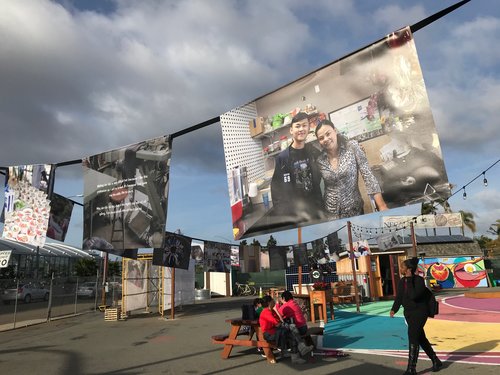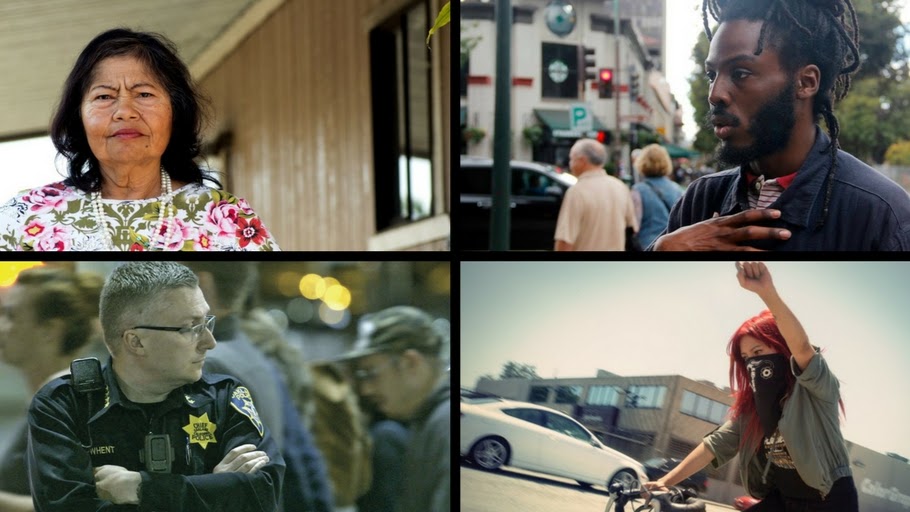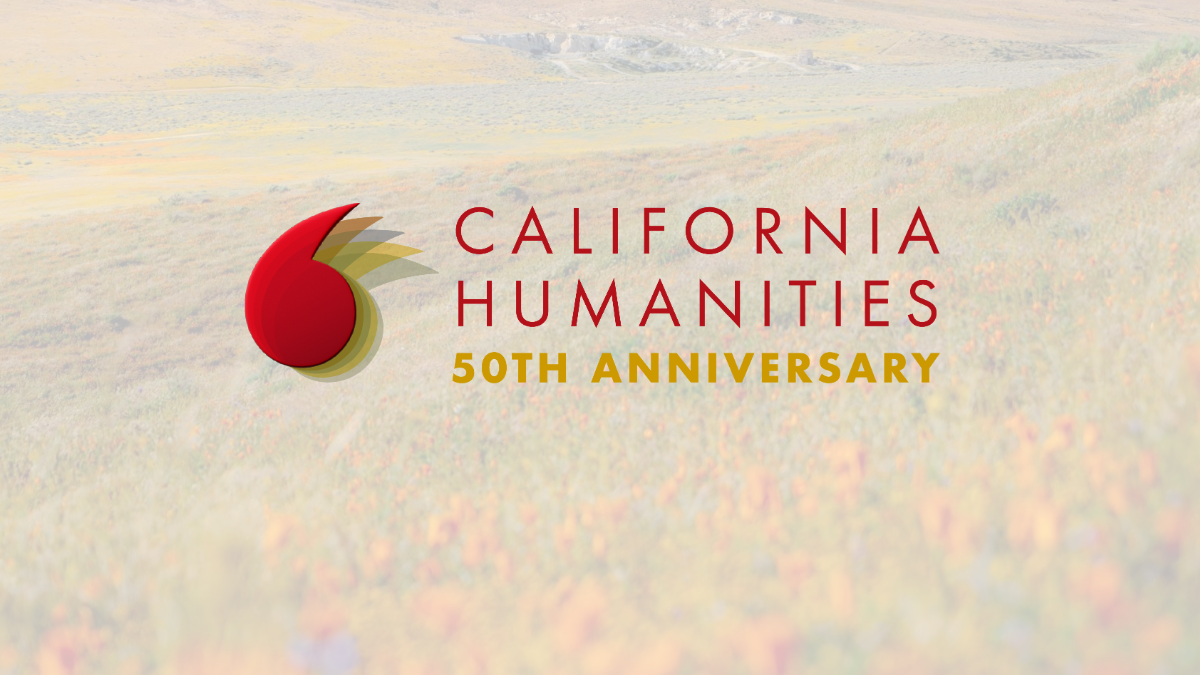California is home to one in eight US residents. Yet population growth has slowed: the 2020 Census resulted in a rare loss of a seat in the House of Representatives. What factors explain motion in the California electoral map? What practical challenges are presented by voter turnover? What impact does displacement from events like wildfires have on electoral engagement?
Panelists
Carlos Martín is a David M. Rubenstein Fellow at Brookings Metro and is the Director of the Remodeling Futures Program at Harvard University’s Joint Center for Housing Studies. A trained architect and construction engineer, Martín connects the bricks and mortar of housing to its social outcomes. For over 20 years, he has led evaluation, research, and policy analysis for federal, state, and civil-sector entities on his areas of expertise include green housing, disaster mitigation, and the construction workforce. Publications include Housing Recovery on the Gulf Coast, Phase II; Rebuild by Design Evaluation; and The State of the Residential Construction Industry.
Sara Sadhwani is an assistant professor of politics at Pomona College specializing in Asian American and Latino voting behavior, elections, interest groups and representation. Her research has been published in Political Behavior, California Journal of Politics and Policy, and her analysis of elections has been featured in the Washington Post, Vox, the LA Times, and KCRW-Los Angeles. She was recently selected to serve on the Citizens Redistricting Commission for the State of California, which is tasked with drawing the district boundary lines for Congress, the State Legislature and the state Board of Equalization.
Recorded June 22, 2022.
About California on the Ballot:
Through California on the Ballot, California Humanities invites the people of California and beyond to reflect and talk—with journalists, historians, election experts, and more—about the past, present, and future of electoral engagement in California.
California on the Ballot is made possible by funding from the National Endowment for the Humanities as part of their A More Perfect Union initiative and was launched with funding from the Why it Matters: Civic and Electoral Participation initiative, administered by the Federation of State Humanities Councils and funded by the Andrew W. Mellon Foundation.



